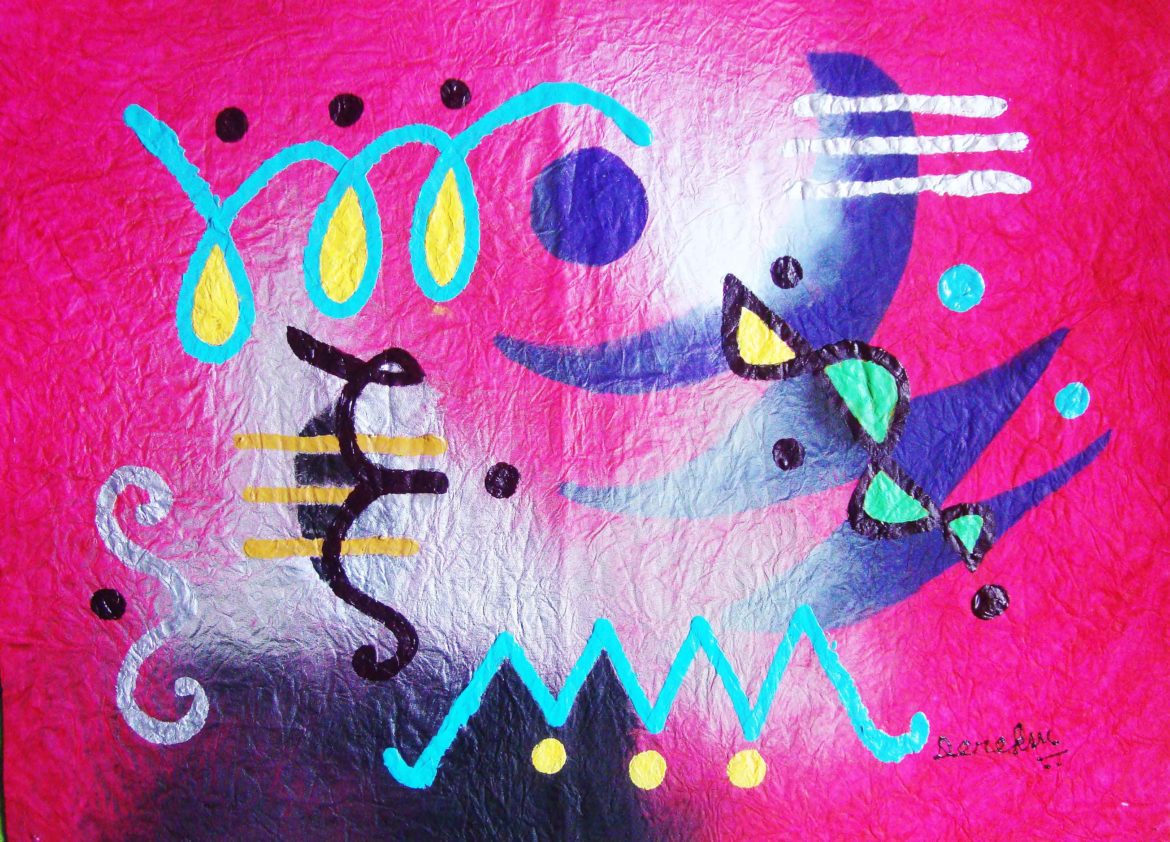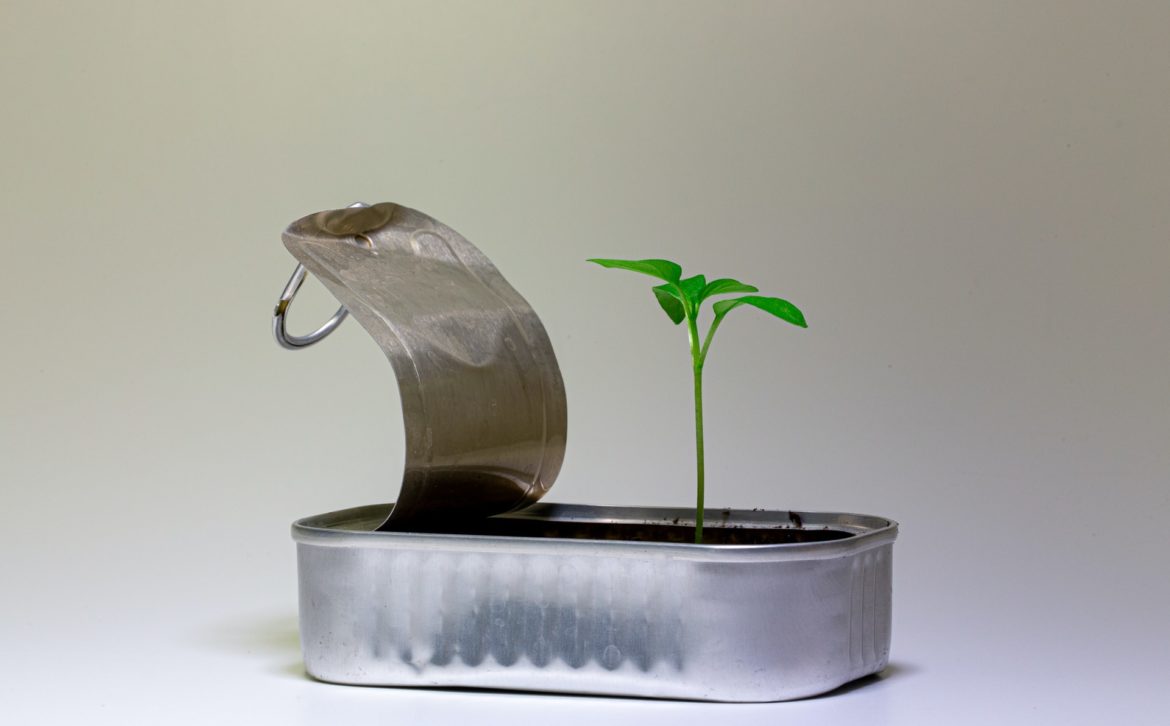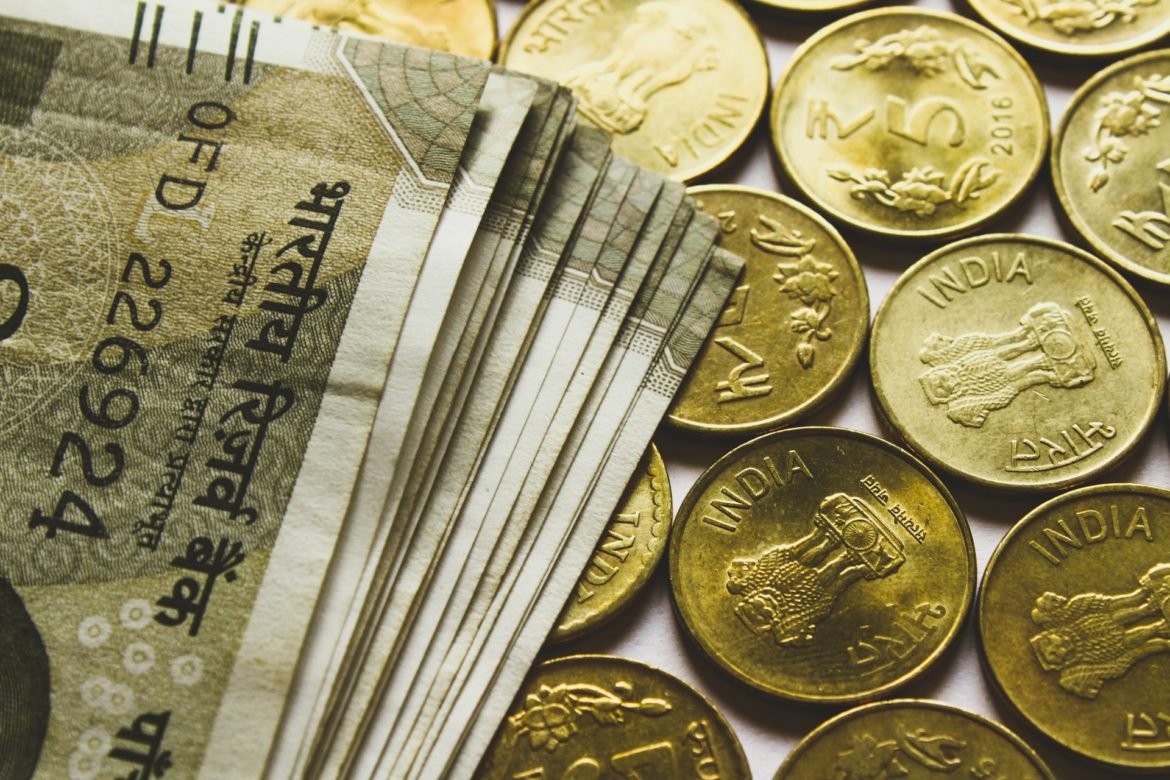Illustration by Nilapratim Sengupta
The headlines on the front page of the New York Times on 1 Jan 2020 were normal:
- Iraqi Protesters assault embassy after US strike;
- E.P.A policies scorn science;
- 3 passports and a plan hatched in Lebanon – Carlos Ghosn’s Escape Act;
- As the markets soared higher, it was best not to look down;
- Nowhere else to run (in Australia);
- US set to ban vaping flavors teens most use.
Some context, for those who may find the above from a distant era:
- The Bush Doctrine – America must spread democracy – was facing checkered success in Iraq.
- The US had already quit the Paris Climate Change agreement and the E.P.A was being shown its place.
- A celebrated global corporate titan, the toast of the automobile world, was running away from charges of financial misconduct.
- Global markets were happily seeing a prolonged bull run.
- Forest fires, Down Under, had the world up in arms about the impending environment doom.
- And vaping, a teen rage, was the new health threat!
As I sit to write this, 370 days later, the world is watching in real time, the Temple of Democracy in Washington DC, being breached, while it awaits a “peaceful” transition to a new President. This is happening while the world is in the grip of a pandemic, which has taken almost 2 million lives already and infected nearly 90 million. Many ruling leaders have seen the pandemic as an opportunity to further consolidate their power, threatening liberty and fraternity nearly everywhere. India saw a merciless regime testing the resilience of millions of urban migrant workers walking several hundreds of kilometers back home, lakhs of farmers protesting bills that threaten their lands and livelihoods, and scantily equipped health workers at the frontlines of the pandemic, while millions of ordinary citizens and thousands of not-for-profits showed what humanity and compassion can achieve.
No leader, observer, commentator or scientist of any standing saw this coming in the way it did. And yet, here we are, trying to reimagine a new world. For as Martin Luther King Jr said, “We must accept finite disappointment, but never lose infinite hope”
This edition has an extraordinary array of writers speaking on wide-ranging topics like effective delivery of justice, financial inclusion of the marginalized, existential issues of a social sector startup, transition to e-learning, mental health during a pandemic.
Shailesh Gandhi speaks of the need to adapt to a new normal and to seek opportunity in it. He sees an e-justice system as an effective means of dealing with colossal pendency and to improving access to justice. It is an opportunity to ponder on some important questions. Is technology the solution to universal, fair, consistent and speedy justice? Can it help in ensuring that “justice is not only delivered, but seen to be delivered”? Can accessing a justice system become as easy as making a WhatsApp call? For everybody, everywhere?
Dr. Mrinal Patwardhan speaks to us about the new Teaching – Learning paradigm. Its need to find the right balance between “the presence of tech in teaching” and the “absence of human touch in learning”, and the challenges the academic world is facing in this journey.
Alkesh Wadhwani and Prabir Borooah speak passionately about an extraordinary national milestone in providing millions of underprivileged citizens access to basic “banking services” and the role that technology is playing to bridge an inequity that has existed for decades. The authors appreciate the irony and the challenge of empty or inactive bank accounts just as many appreciate the irony of “bulging granaries but hungry people”
Jishnu KR has a wry take on life in the campus during these dark, challenging times, while Shivani Manchanda offers a perspective on an issue still widely considered TABOO in Indian society – that of mental health. One can’t help but wonder – is there another crisis looming ahead? An invisible one?
Anu Prasad shares her travails in keeping a “not-for-profit” startup afloat in this crisis and the lessons she is taking forward from the numerous real-life examples of humanity and compassion triumphing over desolation, despair and disillusionment that she witnessed during this period.
Raj Nair takes a succinct look at some trends that may become the “new normal” in the short term.
Runal Dahiwade and Miraj Vora give a glimpse of a startup whose offering, serendipitously, turned out to be apt for the post-Covid era. Their experience underlines the need for speed, agility and adaptability in uncertain times.
As the world gets closer to the pandemic antidote, there is realization in the privileged class (that IITians represent) that we are pretty much locked into a new paradigm for some time – a surreal digital life in the safety of a gated cocoon, an urban obsession over personal hygiene and health, a growing tolerance to fanaticism and divisiveness in society, a rapidly expanding social divide intermixed with numerous tales of individual courage and resilience. A crisis, especially an unprecedented one, provides impetus to tackle universal issues such as:
- Finding lasting solutions to poverty, illiteracy, human trafficking and social inequity
- Survival of conventional capitalism. Should we be looking at new economic models that encourage and incorporate human compassion, planet conservation, social equity and the need for physical and emotional wellbeing?
- Need for ensuring universal access to affordable and quality health, education and food. Solutions that prevent citizens from getting locked into an infinite debt spiral.
- Providing a shock-absorbing cushion to the most marginalized – children, women, the LGBTQ community, urban and rural workers, farmers, those discriminated on race and caste and many more.
There will be another pandemic. There will be more climate change triggered natural disasters. And human compassion, innovation and enterprise may still prevail. But what cost will it exact the next time around – to our lives and to our souls? Sunder’s poem, Privilege, gives us hope.









